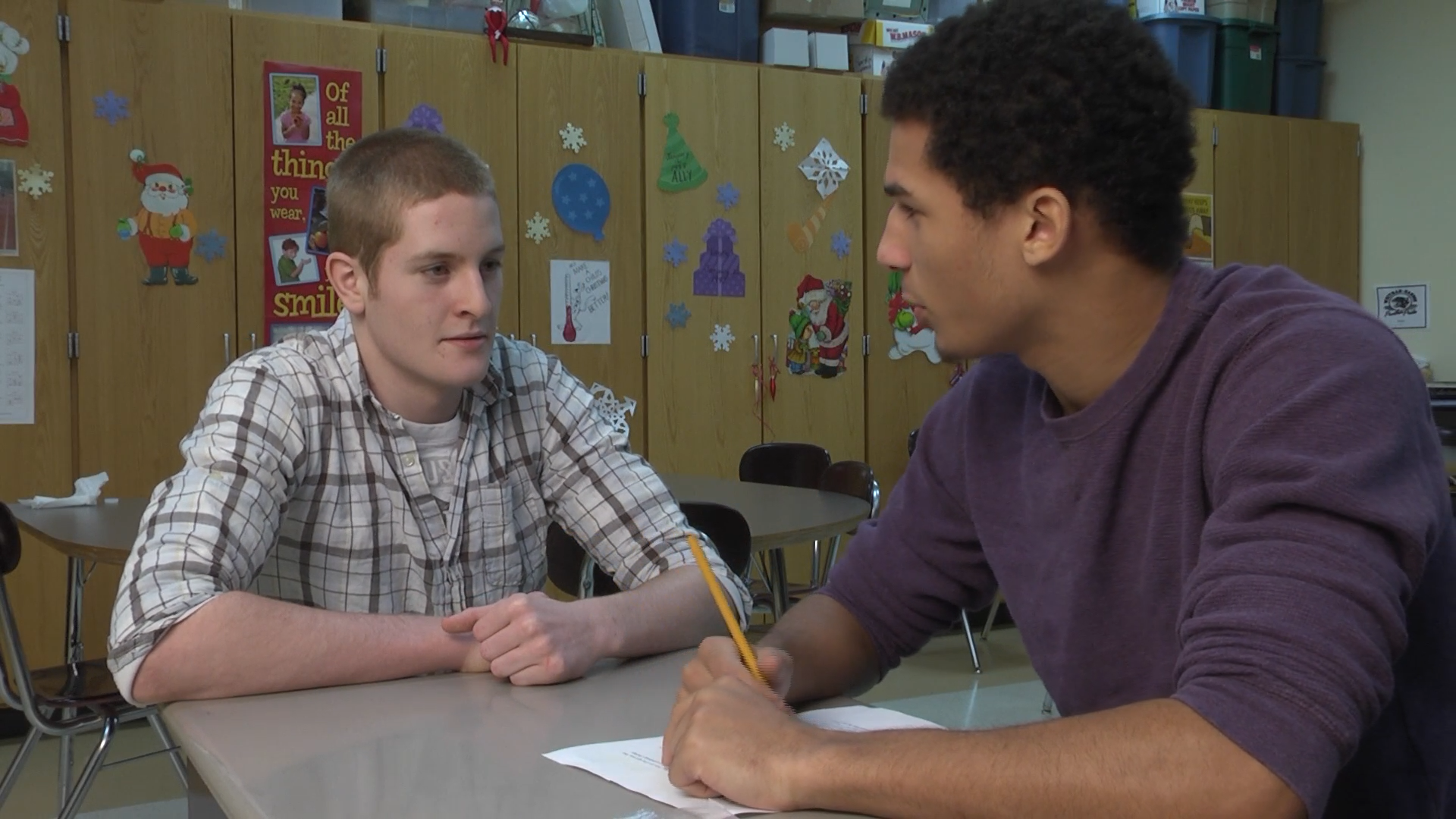
Introduction
As educators, we strive to teach our students essential life skills that will help them navigate their social and emotional worlds. One such skill is the ability to say no respectfully. It is crucial for students to understand that they don’t always have to say yes to people and that it’s okay to say no if done in the right way. By using respectful words and tone of voice, students can assert their boundaries without hurting anyone’s feelings. In this blog post, we discuss an easy-to-implement no-prep activity, discussion questions, and related skills to help educators teach students the importance of saying no respectfully.
No-Prep Activity: Role-Play Scenarios
This no-prep activity is designed to help students practice saying no respectfully in a safe and supportive environment. The activity involves role-playing various scenarios where students might need to say no.
- Divide students into pairs.
- Provide each pair with a list of scenarios where one student has to say no to the other. Examples of scenarios can include:
- Invitation to play when they need to complete homework.
- Request to share a secret that they promised not to tell.
- Peer pressure to engage in an activity they know is wrong.
- Ask students to take turns playing both roles: the one asking the question and the one saying no respectfully.
- After each scenario, encourage students to reflect on how they felt saying no and how they think the other person felt hearing it.
This activity allows students to practice saying no in a variety of situations, helping them develop the confidence to assert their boundaries in real-life scenarios.
Discussion Questions
After completing the no-prep activity, engage students in a group discussion to further explore the importance of saying no respectfully. Here are some discussion questions to get the conversation started:
- Why is it important to say no respectfully, and how can it impact our relationships with others?
- What emotions did you experience when you had to say no during the role-play activity?
- Can you think of a time when you said no to someone and it had a positive outcome?
- How can we practice saying no respectfully in our everyday lives?
- What are some strategies to help us remember to say no respectfully when faced with difficult situations?
Related Skills
Teaching students to say no respectfully is just one aspect of their social-emotional development. Here are some other related skills that can help students navigate their social and emotional worlds:
- Active Listening: Developing the ability to listen and understand others’ perspectives supports healthy communication and relationships.
- Empathy: Cultivating empathy helps students understand and respect the feelings and experiences of others, contributing to positive social interactions.
- Assertiveness: Teaching students to express themselves assertively and respectfully can help them stand up for their rights and beliefs without being aggressive or passive.
- Conflict Resolution: Learning to resolve conflicts in a respectful and constructive manner is essential for maintaining healthy relationships and social harmony.
Next Steps
Now that you have a better understanding of the importance of teaching students to say no respectfully and how it contributes to their social-emotional development, it’s time to put this knowledge into practice. We invite you to explore our free sample materials for more activities, lessons, and resources related to this skill and many others. By incorporating these valuable tools into your teaching, you can help your students develop the social-emotional skills they need to thrive in their everyday lives.

